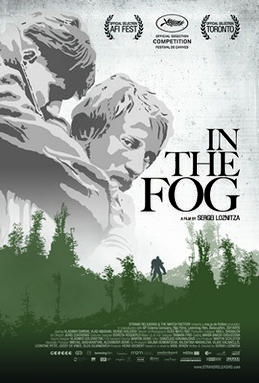The first bike ride, the first skating rink, the first “not scary” injection … Good and not so pages of the distant past. But some events of our childhood we can hardly remember. Why it happens?
“I remember here, I don’t remember here.” How does our memory separate the wheat from the chaff? An accident two years ago, a first kiss, a last reconciliation with a loved one: some memories remain, but our days are filled with other events, so we cannot keep everything, even if we want to.
Our childhood, as a rule, we want to keep – these memories of a pleasant and cloudless time preceding pubertal chaos, carefully folded in a “long box” somewhere deep inside us. But doing it is not so easy! Test yourself: do you remember a lot of fragments and images from the distant past? There are large fragments of our “film tape” that have been preserved almost completely, and there is something that seems to have been cut out by censorship.
Many agree that we cannot remember the first three or four years of our life. One might think that a child’s brain at that age is simply not capable of storing all memories and images, since it is not yet fully developed (with the possible exception of people with eidetic memory).
Even Sigmund Freud tried to find the reason for the repression of early childhood events. Freud was probably right about memory lapses in traumatized children. But many had a not-so-bad childhood, on the contrary, quite happy and trauma-free, according to the few memories that clients share with a psychologist. So why do some of us have far fewer childhood stories than others?
“Forget all”
Neurons know the answer. When we are very small, our brain is forced to resort to images in order to remember something, but over time, a linguistic component of memories appears: we begin to speak. This means that a completely new “operating system” is being built in our minds, which supersedes the previous saved files. All that we have preserved so far is not yet completely lost, but it is difficult to put it into words. We remember images that are expressed in sounds, emotions, pictures, sensations in the body.
With age, it becomes more difficult for us to remember some things – we rather feel them than we can describe in words. In one study, children between the ages of three and four were asked about events that had happened to them recently, such as going to the zoo or shopping. When a few years later, at age eight and nine, these children were asked again about the same event, they could barely remember it. Thus, “childhood amnesia” occurs no later than seven years.
cultural factor
An important point: the degree of childhood amnesia varies depending on the cultural and linguistic characteristics of a particular nation. Researchers from New Zealand have found that the “age” of the earliest memories of Asians is much higher than that of Europeans.
Canadian psychologist Carol Peterson also, along with her Chinese colleagues, found that, on average, people in the West are more likely to “lose” the first four years of life, while Chinese subjects lose a few more years. Apparently, it really depends on culture how far our memories “go”.
As a rule, researchers advise parents to tell their children a lot about the past and ask them about what they hear. This allows us to make a significant contribution to our “book of memory”, which is also reflected in the results of the studies of New Zealanders.
Perhaps this is precisely the reason why some of our friends remember their childhood more than we do. But does this mean that our parents spoke to us too rarely, since we remember so little?
How to “restore files”?
Memories are subjective, and therefore it is very easy to modify and distort them (we often do this ourselves). Many of our “memories” were actually born from stories we heard, although we ourselves never experienced all this. Often we confuse other people’s stories with our own memories.
But are our lost memories really lost forever – or are they simply in some protected corner of our unconscious and, if desired, they can be “raised to the surface”? Researchers cannot answer this question to this day. Even hypnosis does not guarantee us the authenticity of “recovered files”.
So it’s not very clear what to do with your “memory gaps”. It can be quite embarrassing when everyone around is excitedly chatting about their childhood, and we stand nearby and try to get through the fog to our own memories. And it’s really sad to look at your childhood photos, as if they were strangers, trying to understand what our brain was doing at that time, if you didn’t remember anything at all.
However, images always remain with us: whether they are meager pictures in memory, or analog cards in photo albums, or digital ones on a laptop. We can let them take us back in time and ultimately be what they are meant to be – our memories.










